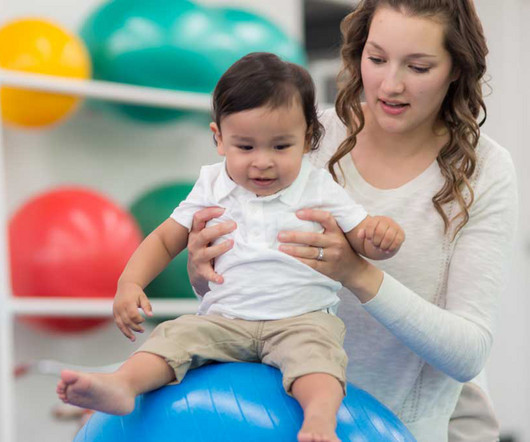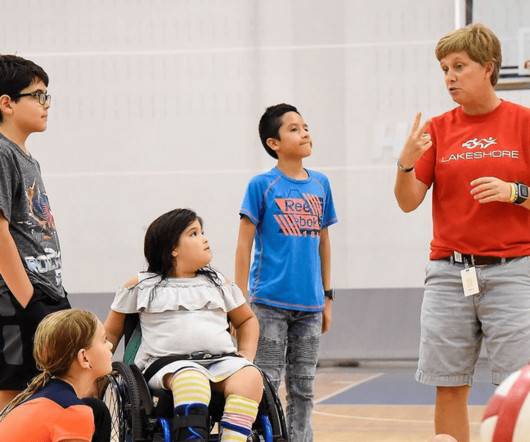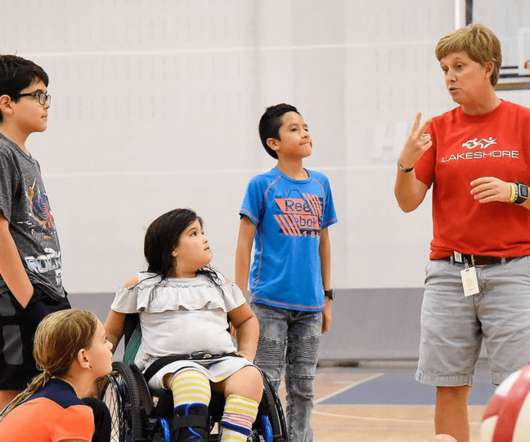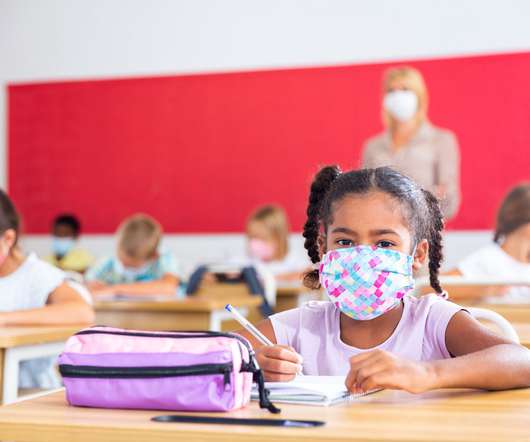World Heart Day Q&A with Stanford Children’s Heart Doctors
Stanford Childrens
OCTOBER 3, 2023
For the majority of young children with heart disease, recreational play is not restricted. Moderate exercises include brisk walking, dancing, biking, and recreational swimming. We assess our young heart patients’ progress throughout the program and set new goals as their fitness improves.











Let's personalize your content